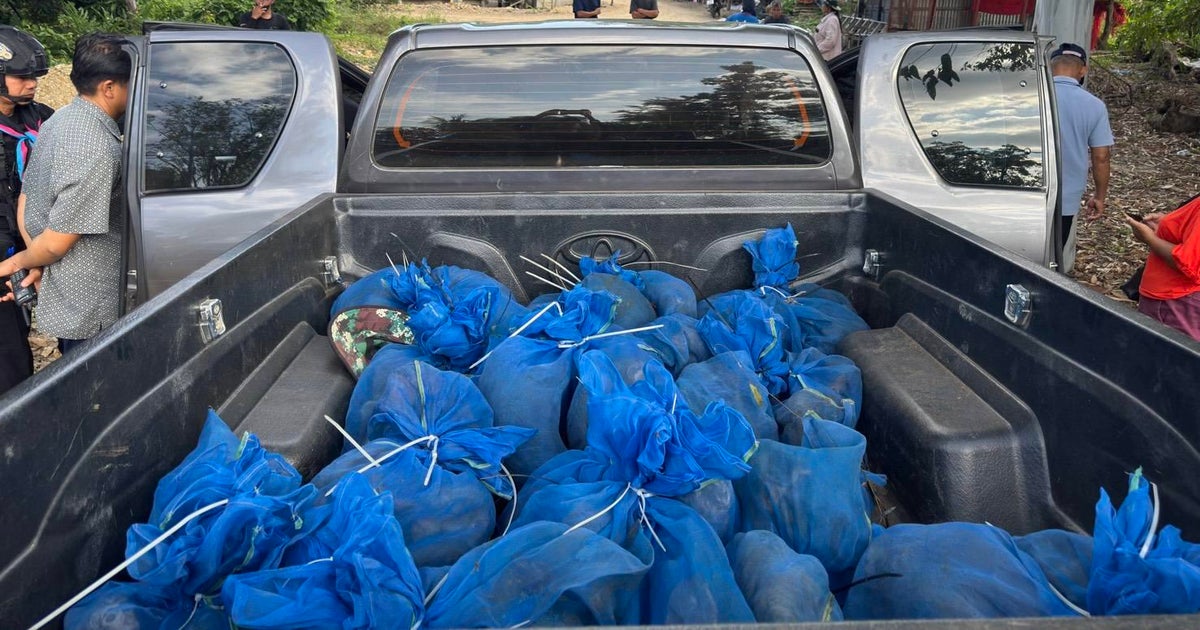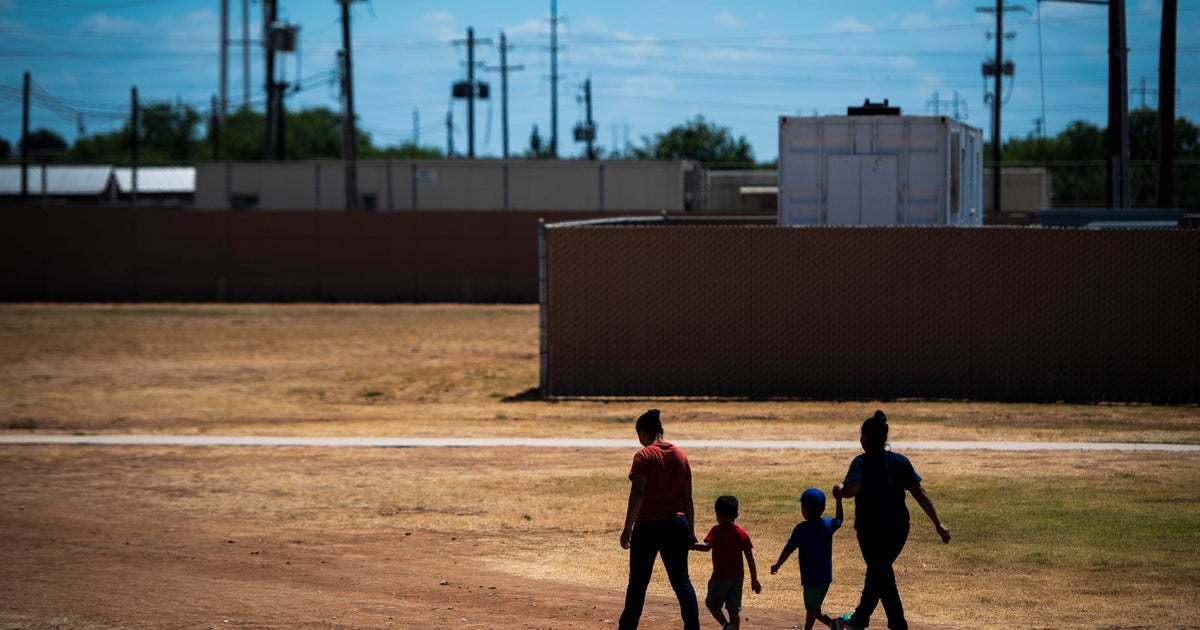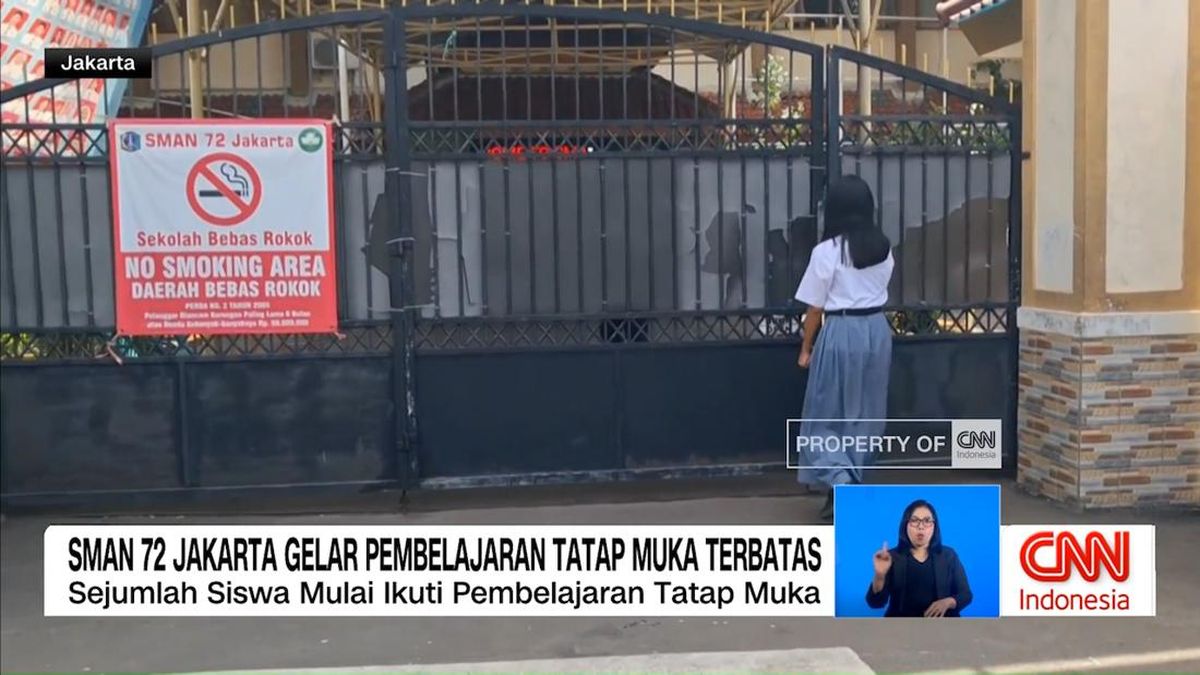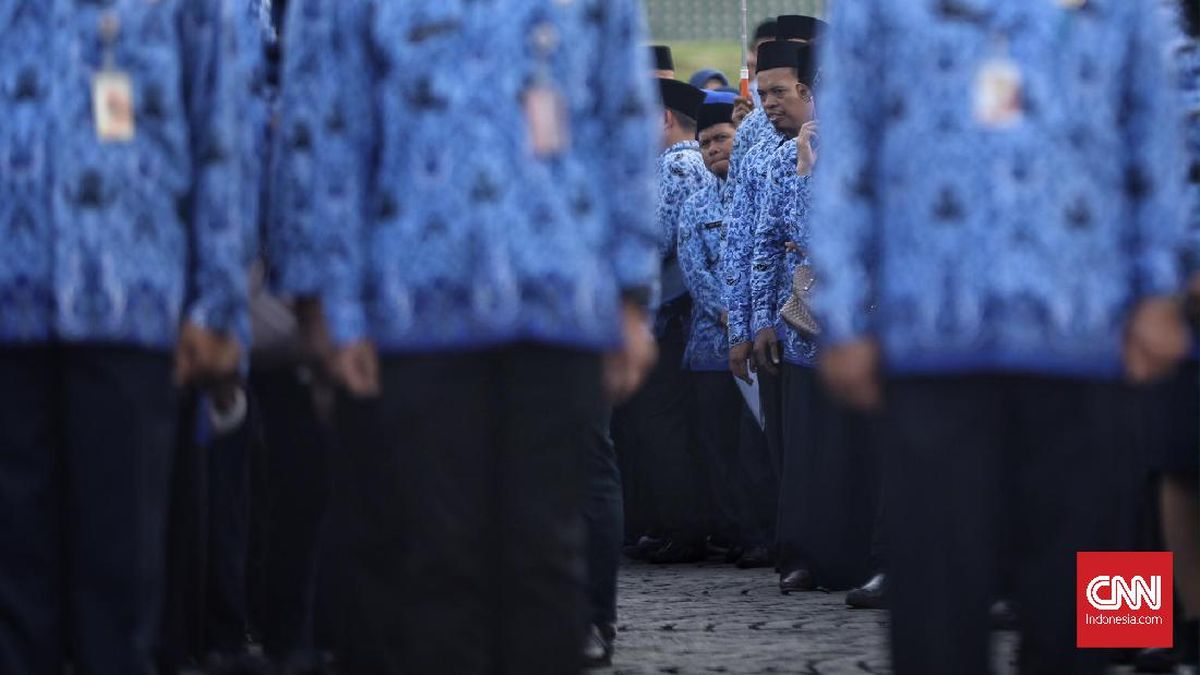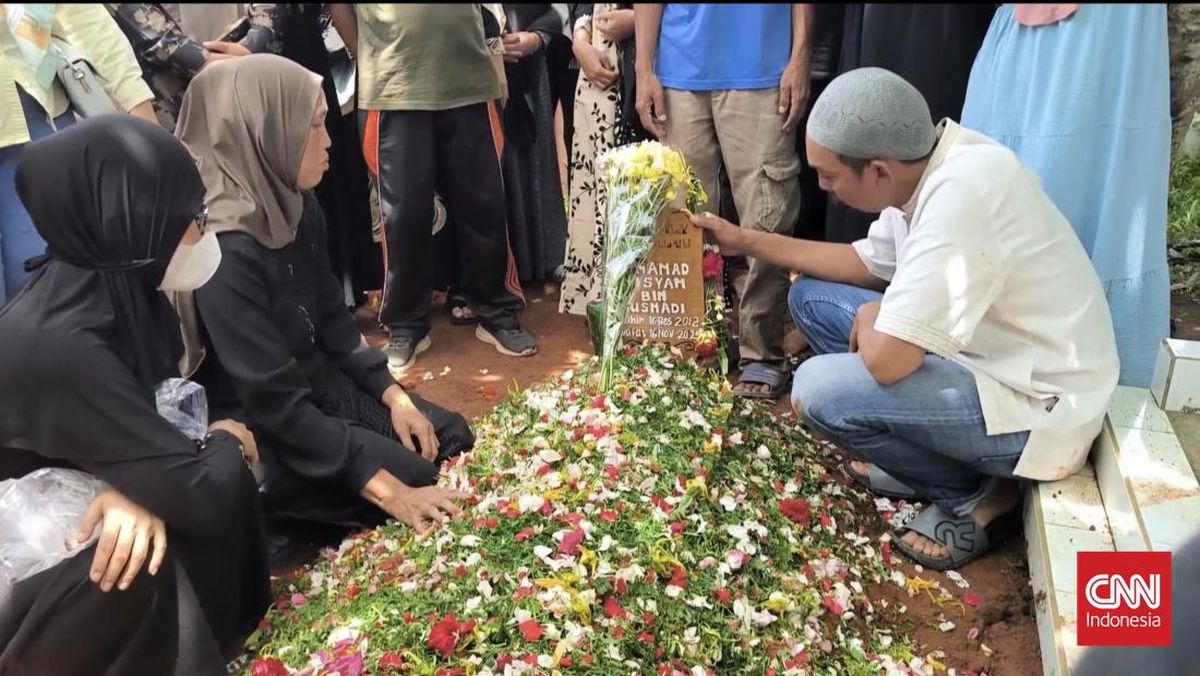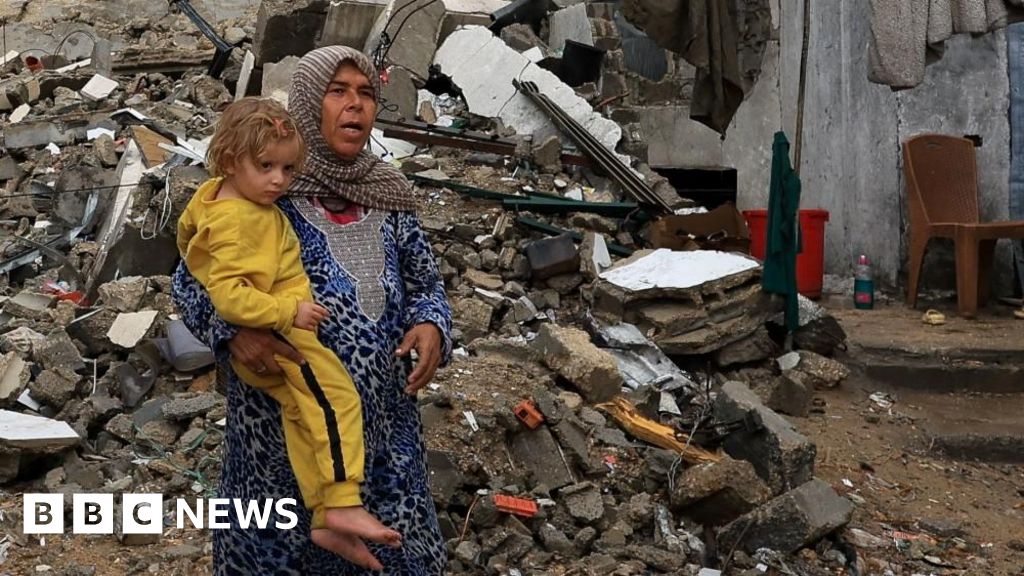What in the World, a free weekly newsletter from our foreign correspondents, is sent every Thursday. Below is an excerpt. Sign up to get the whole newsletter delivered to your inbox.
Singapore: It is Sunday in Singapore, the servants’ day off, and the parks are brimming with them. They lounge on picnic rugs and nibble at packed lunches, shaking off the week’s cooking, cleaning and raising other people’s kids by dancing to trending social media choreography and snapping happy-faced selfies.
Others gather at the Orchard Road shopping strip, a beacon of wealth, treating themselves to ice-cream sandwiches or glamour-posing in front of luxury-brand shops they will never step inside.

Some of the helpers hanging out on Orchard Road on Sunday.Credit: Zach Hope
Singapore has more than 300,000 migrant domestic workers, or “helpers”, as they’re euphemistically called, on the books, according to the awkwardly named Ministry of Manpower (MoM). That’s in a population of 6 million people.
All are women, for that’s one of the MoM’s rules. All are from economically disadvantaged regional neighbours, predominantly the Philippines and Indonesia. That’s a rule, too.
Loading
This extraordinary workforce allows mothers respite or the opportunity to get back to paid work. It eases the burden on the childcare system, allowing families such as ours to secure a place at a near-moment’s notice at a child care centre and the freedom to swap days as we please. Pull out the helpers tomorrow and watch Singapore, the envy of South-East Asia, collapse.
The problem is, the system is premised on profound sadness. A good many of the servants pushing kids in prams through supermarkets and playing with them in parks have left their own children behind to be raised by relatives. Few would choose such a trade-off if they thought there was an alternative.
Many of the conditions would be unlikely to fly under Australian labour laws. Moreover, the notion of low-paid, migrant live-in domestic helpers has the unpleasant whiff of something bygone.
Without an employer family, helpers have no work or resident rights. So Facebook pages are filled with home-bound expats seeking to place their valued helpers with someone new, like a human buy, swap and sell.
And people can be soulless. Need a toddler-sized bed to house your helper? Advice about how to sack one for giving you cheek? That’s also on Facebook.
Some Sundays, it can seem like all of Singapore’s helpers are out at once, and perhaps they are. It is the one day each week they can socialise with those who truly understand each other’s sacrifice.
The bargain is this: in exchange for cooking, cleaning and looking after their employers’ children (or ageing parents), the helper gets a room – often so small and dank they’re nicknamed bomb shelters – and a share of the meals.
With these big Singapore expenses covered, much of their $S600-$S1000 ($700-$1170) monthly wage – more in some cases – is carved out and sent home to their children.
Last Sunday, I sat with a few groups of helpers lunching on Orchard Road to ask about their lives. After some convincing that I would not report their names or identifying particulars, the most striking revelation was that each of the women, about 10 in total, was a single mother from the Philippines, and were in Singapore with the sole purpose of sending money home for their children’s upbringing and future.
One woman has been in Singapore for six months, the longest she’s ever been separated from her children. She is miserable.
Another has been here for 15 years, having missed nearly all of her now-teenage children’s lives. She has learnt to live with her choices.
“We have no other option,” one says. “This gives a better life for our families.”
One of the women says she makes $S850 a month and keeps a little over $S130 for herself. In one of the world’s most expensive cities, that doesn’t go far.
None of those I spoke to had serious problems with their employers, but they knew of mental and even physical abuse in some households. One confides she has worked through “jealousy” issues with a mother-employer.

The Orchard Road shopping strip is a beacon of wealth.Credit: Bloomberg via Getty Images
They say their contracts stipulate return plane tickets home, or the equivalent in cash, every two years. That’s a long time. More frequent are the government-mandated health checks to ensure they’re not pregnant or infected with HIV.
Employers take out health insurance for the helpers in case of emergencies. But this can be problematic. A hospital visit might require eye-watering upfront payments, which some families may not be willing to pay. This is just one of the avenues for loan sharks, the women say.
At this point, I will mention that our household, which includes a 17-month-old, Singaporean-born daughter, does not have a helper. Our circumstances haven’t allowed for that. My wife and I have also been put off by the thought of a servant sleeping in what is essentially the laundry space.
But this is not to be haughty; my goodness, a helper would have been helpful.
‘The problem is, the system is premised on profound sadness.’
Our situation is something of an outlier on the expat scene. It seems almost expected here that if you have a baby or young child, you will have a helper.
But there’s also primal emotion wrapped up in this, and it can be awkward, dangerous and beautiful.
Helping to raise someone else’s child is an inherently intimate job, requiring absolute trust from the parents. It is a different relationship from that of a pop-in, pop-out grandparent. Helpers are in the trenches six days a week, the first responders to nappy explosions, tantrums and illnesses while Mum and Dad are at work.
Loading
Relationships forged in this fire can be so strong that helpers come to be considered as members of the family. These are the good stories, and there seem to be many.
Sometimes, though, it goes the other way. To report specifics about the wild stories bandied around in playgroups or over drinks would be to betray confidences, but it’s fair to say the bonds helpers form with children under their care can, in some cases, tend to powerful feelings of resentment, jealousy and inadequacy – from the employer, employee or both.
Exploitation? Win-win opportunity? Deeply fraught lifestyle trade-off?
Most Viewed in World
Loading


